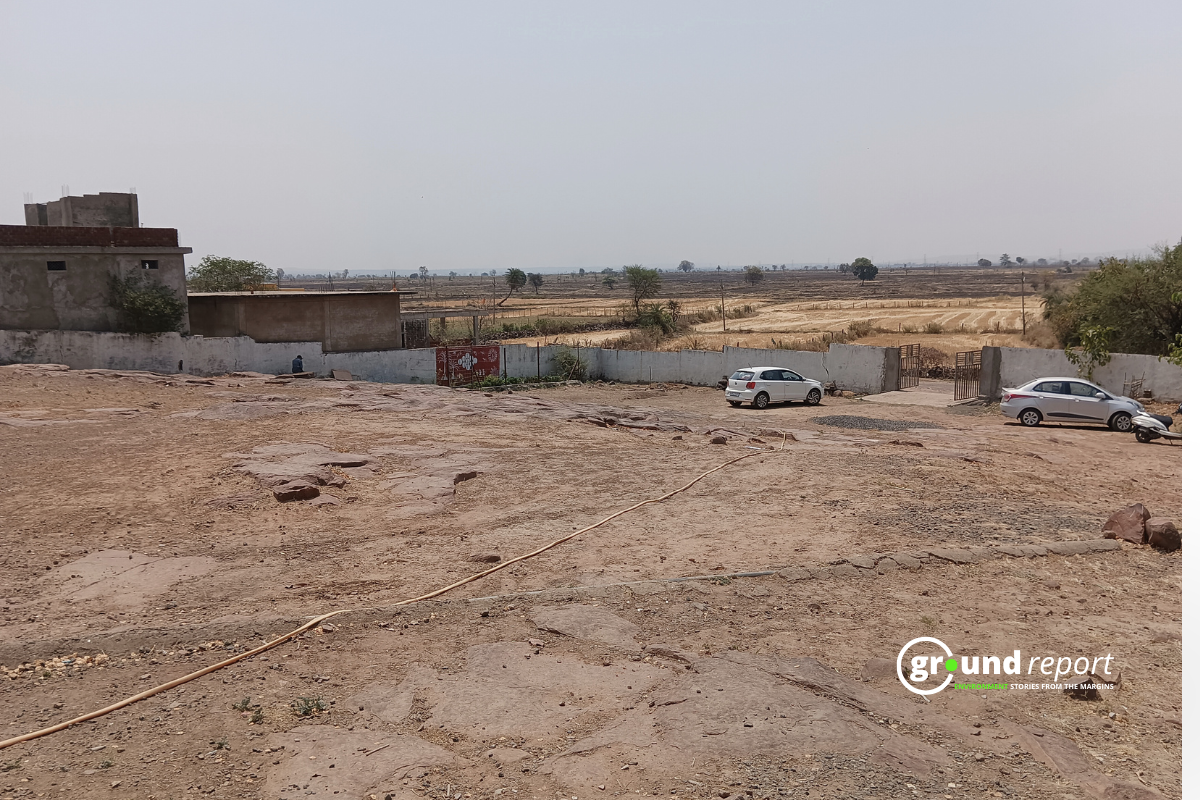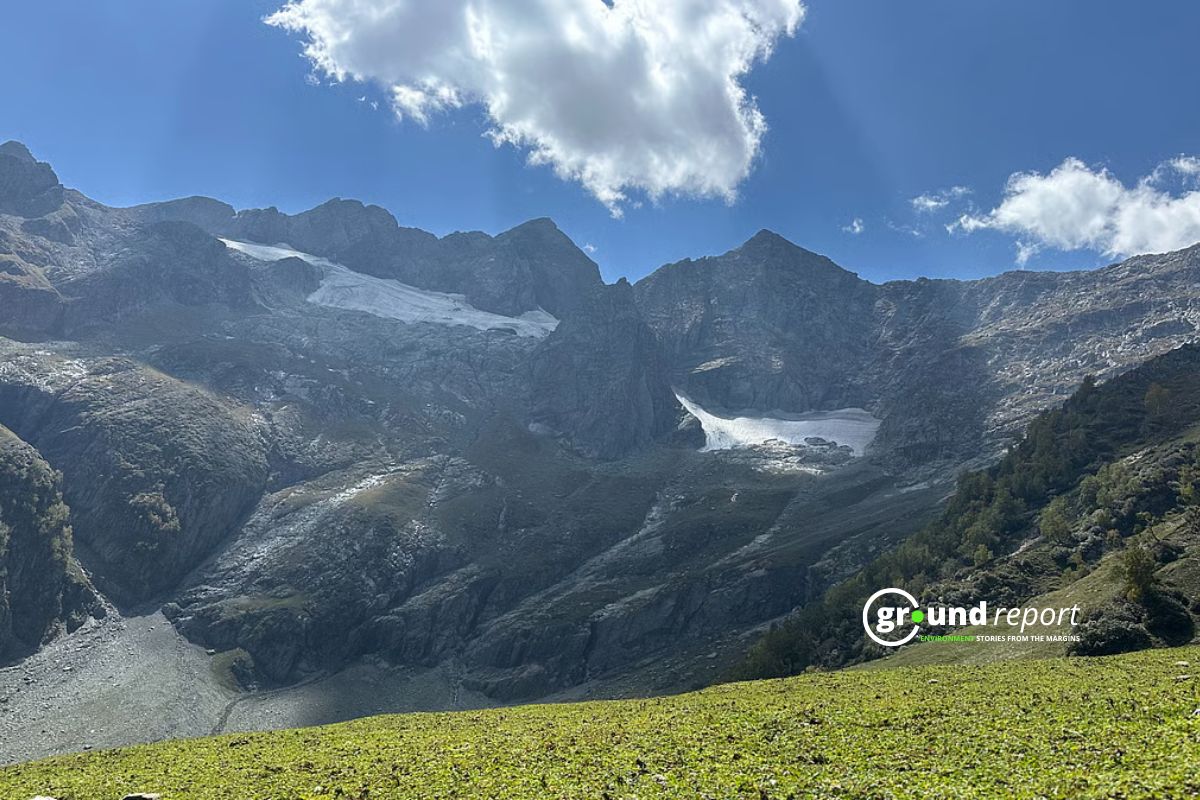Climate change and overdevelopment are causing saltwater to infiltrate crucial groundwater supplies in coastal areas of India, leaving many communities without access to potable water.
According to a recent report by the Associated Press (AP), the problem is particularly acute in the Kochi region, where rising sea levels, changing ocean patterns, extreme storms and overuse of wells are exacerbating the situation.
One resident, Anthony Kuttappassera, whose family has lived in the same house on the shores of the Arabian Sea for more than a century, has watched the water become too salty to drink, bathe in or wash clothes. The pond outside his house is now green, buggy and almost dry, like all the other wells and ponds in the Chellanam area.
While saltwater intrusion into groundwater supplies is a global problem, it hits developing countries like India the hardest, which is expected to become the world’s most populous nation this year. Less than half of India’s population has access to clean drinking water, according to UNICEF.
Meanwhile, India is the world’s third-largest emitter of carbon dioxide, contributing to global warming, and is increasingly prioritizing a transition to clean energy. But that change will take time.
In the Kochi region, salinity has increased by 30-40% since the first surveys of the water in the area in 1971, said Bijoy Nandan, dean of marine sciences at Cochin University of Science and Technology. S. Sreekesh, a professor at Jawaharlal Nehru University, studied the worsening threat in the Kochi area using satellite, tide gauge and other data from the 1970s to 2020. He found that the sea level was rising by about 1.8 millimeters ( 0.07 inches) per year.
Keep Reading
Part 1: Cloudburst in Ganderbal’s Padabal village & unfulfilled promises
India braces for intense 2024 monsoon amid recent deadly weather trends
Support us to keep independent environmental journalism alive in India.
Follow Ground Report on X, Instagram and Facebook for environmental and underreported stories from the margins. Give us feedback on our email id greport2018@gmail.com.
Don’t forget to Subscribe to our weekly newsletter, Join our community on WhatsApp, and Follow our YouTube Channel for video stories.








